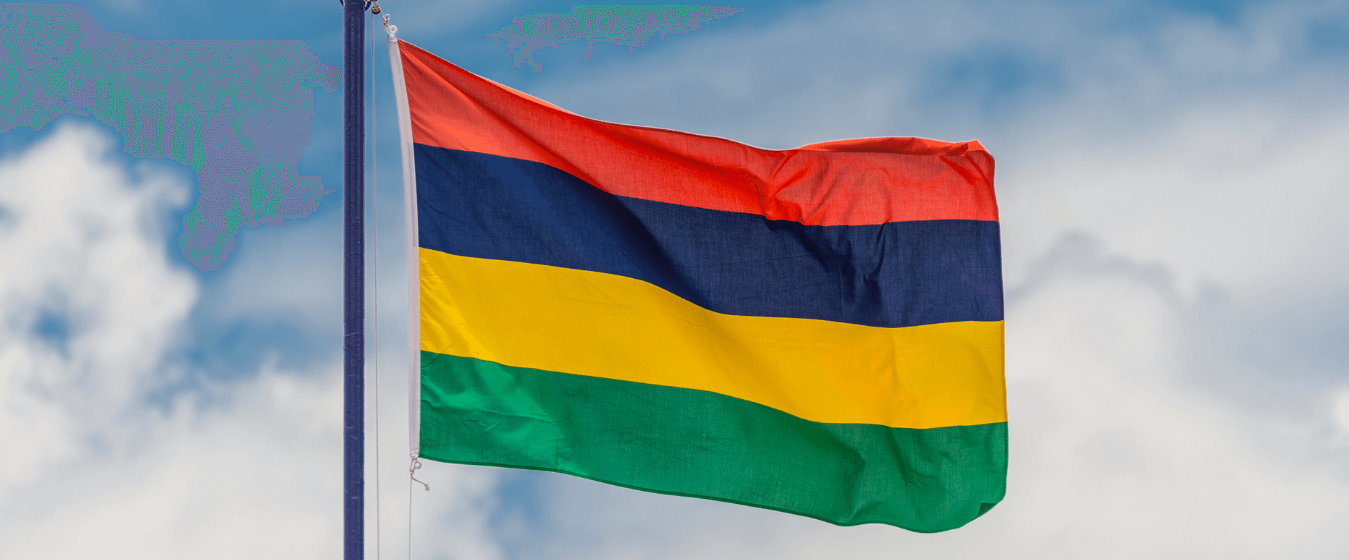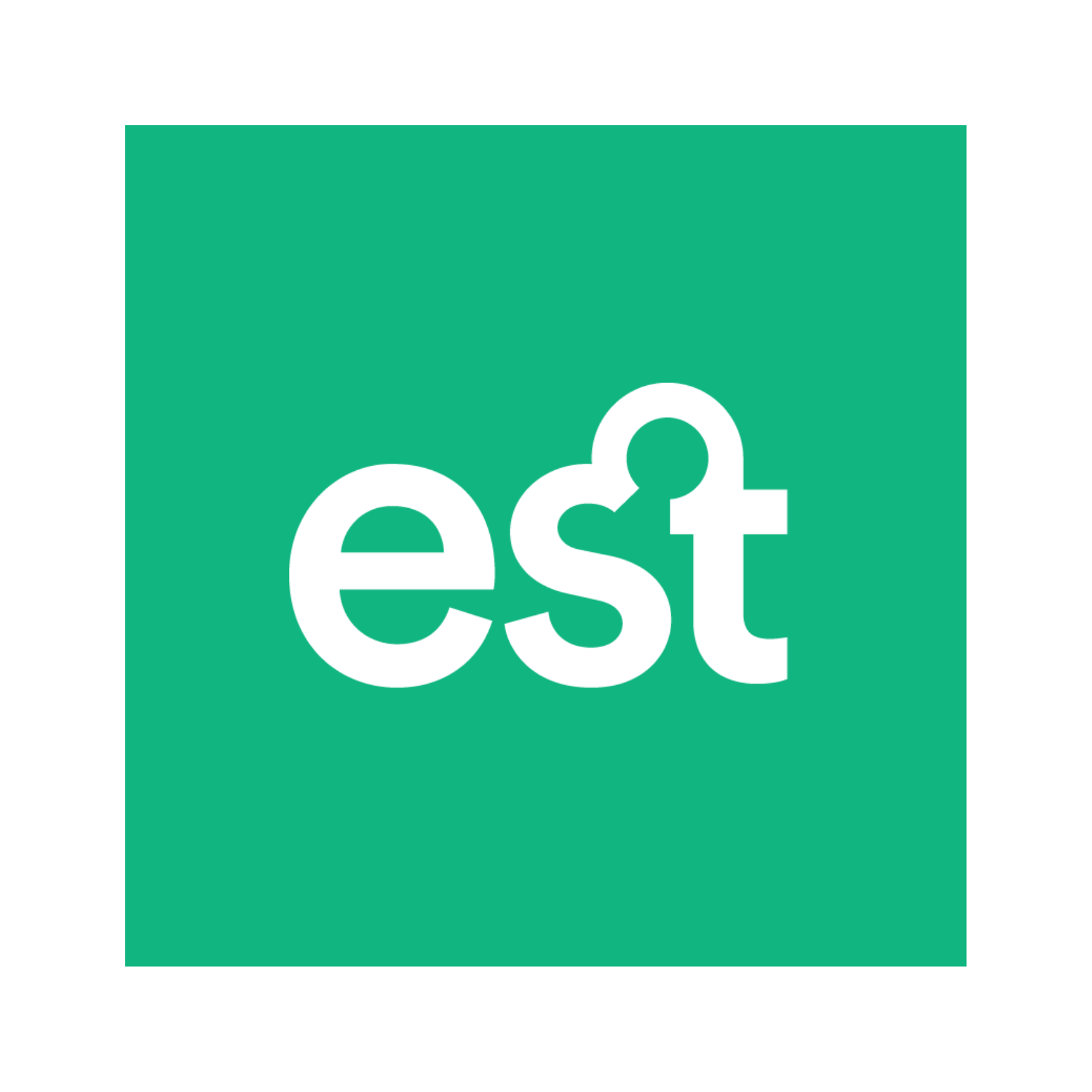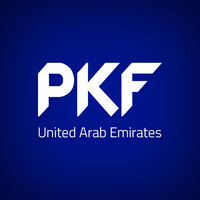


Mauritius, an island covering 1865 square kilometers, is situated some 2000 kilometers off the South East Coast of Africa. Mauritius was discovered by the Dutch and the French in the 16th and 18th century respectively and became British at the beginning of the 19th century. The country gained its independence in 1968 and became a Republic in 1992. The population of the island is approximately 1.23 million comprising of people of Indian, African, Chinese and French origin. English is the official language, but the Mauritians are equally fluent in French. "Creole" is widely spoken in the island. The official currency of Mauritius is Mauritian Rupee.
The economy of Mauritius relies on agriculture (mainly sugar and textiles), tourism and financial services. Of late, information & communication technology and renewable energy sectors have been gaining pace in the country.
Company in Mauritius can be incorporated as one of the following legal entities:
Global Business License Type 1 Company: A Global Business License Type 1 Company (GBC1), or offshore company, is a company engaged in a permitted global business, carried on from within Mauritius by persons all residing outside Mauritius and where business is conducted in a currency other than the Mauritian rupee. A GBC1 requires a minimum of 1 shareholder and 2 directors to be set up. Such a company type is suitable for public financial operations, like fund management.
Global Business License Type 2 Company: A Global Business License Type 2 Company (GBC2), or international company, is legally exempt from taxation in Mauritius, and not allowed to have transactions with Mauritian residents or in Mauritian currency. A GBC2 requires a minimum of 1 shareholder and 1 director to be set up. It is primarily meant for trade and investment.
A Foundation is a special independent legal entity, without any shareholders or members and is usually established to reflect the goals and wishes of the founder, who can be a corporate entity or individual person. These wishes and goals are contained within Bye Laws, Articles of Association and the Foundation’s Deed of Incorporation. Foundations are generally established for a strictly fixed period and used for any commercial, charitable or family purposes.
Foundations are an extremely important component in case of structuring the ownership of corporate or family assets and are especially important where trusts are not recognized. Such structures are essentially similar to corporate entities but allow the protection and incessancy derived from the use of trusts.
Any of the above-mentioned uses and benefits can be derived from the foundation to meet the needs of its beneficiary or different purpose (philanthropic, charitable or any other private or public matters).
There are three main forms of foundations:
Each type of foundation can overlap in their uses and activities whether it is used internationally or domestically. Offshore foundations are not a widely known corporate structure, and that has allowed them to exist without as much scrutiny.
An offshore trust is a private legal agreement between the owner of the assets and the corporation or individual entrusted with the management, protection and ultimate distribution of this assets for the beneficiaries, who are entitled to benefit from the income and/or capital assets held in the agreement.
The person who transfers assets is called the Grantor or Settlor, the person who receives the assets in offshore trust is called the Trustee and the recipients of these assets and interests are the beneficiaries.
An Offshore Trust arrangement often referred to as a ‘trust deed’ is used as a recorded document outlining the specifics of the Trust. The use of Trusts shifts the ownership of property onto a third-party, or trustee, for a beneficiary.
When a trust is successfully established in the most appropriate offshore jurisdiction, ensure that residents of this jurisdiction will not receive benefit from the trust; there will be no local taxes applicable to the income and assets.
The Trust Deed is a confidential document. No information whatsoever of its contents is available on public records. Flexibility may be provided by including in the Trust Deed certain special clauses, i.e. the possibility of revoking the Trust, allowing the removal of the Trustee and the continuation of the Trust in another jurisdiction should it be thought that global political developments make this a reasonable precaution.
Press Coverage

I am very pleased with the services of Zenesis Corp. They were extremely helpful and efficient in setting up my company and getting my visa processed in time. I was also introduced to bankers for setting up the company bank account. I would recommend them as the Best Company formation Consultants in Dubai

Zenesis Corporation was able to provide the right solution for my family who wanted to invest in property in UAE and wanted to protect their assets. They gave us a clear understanding of the process on how to start a business in Dubai and the time and costs involved and got everything ready in time.

We would like to thank Zenesis Corporation who helped us in setting up the free zone company and finalise our residency visas. Their response to our queries was very quick and we would like to thank them for their prompt and efficient services. They are the Best business set up Consultants in Dubai

Complexity in corporate management, financial planning, and business transformation are some of the great challenges we face today. Having introduced Zenesis to a High Net-worth Client of mine that required a plethora of services, I can truthfully say that this team consists of highly knowledgeable professionals. Their advice is impartial, informative and most importantly, tailored to the client’s specific needs.

Zenesis Corp has been providing us with excellent service in formation of BVI companies and has given us no cause for complain during our association from eight years. Their professionalism and efficiency can be trusted, which also reflects in the cost effective services being provided by them.

A very reliable and efficient service provider. Recommend to all for all your offshore company requirements in the United Arab Emirates.

I had a great time at Zenesis Corporation last week! It was so helpful to create a plan for new company formation in Dubai’s JLT Free-zone. We were able to see and plan for necessary actions to take in order to reach the goals that we’ve created for this start-up. So awesome! Thanks for the support!

Dealing with Cecilia and her team at Zenesis was a pleasure. They assisted us with the establishment of a Sharjah Airport International Free Zone company and their knowledge of requirements, procedures and timescales was entirely accurate, furthermore they clearly have a good working relationship with key employees at the Free Zone. I would certainly recommend their Company formation services in Dubai

I have worked with Zenesis Corporation for over 10 years now. They are a fantastic team to work with as each company formation is different. Cecilia and the team really take the time to understand our clients individual needs and deliver a first-class solution. The after-sales customer service they offer not only to us but our clients is highly regarded by all.

We are very much happy with the consistently good services of the Zenesis team. Keep up the good efforts!

We are really grateful to Zenesis for the excellent work they have done for our project in Alicante, Spain. The ideas, expertise and skills have brought our team immense knowledge and know-how. We are happy to recommend Zenesis to any company who wants to grow globally.

The Zenesis team is efficient and knowledgeable allowing them to facilitate the issuance of visas thereby reducing the hassle and burden on us. I strongly recommend their services for those seeking help with their company formation and visa processing.

Zenesis team is accessible and responsive, they have the experience to always provide an effective solution for the necessities of clients

Had an amazing experience in my Dubai Free zone company formation, they are transparent in sharing everything and got a good quote too. Thanks

Best and Prompt service within a committed time frame.

Highly recommended for company formation services, charges are economical and services delivered on time, very well trained consultants.

Work Ethics, Proper Guidance & Timely Service…

Excellent consultants! Never disappointed us for the last 3 years and looking forward to many more years with Zenesis!

Good understanding of the client's requirements, and a good team to work with.

Very efficient and been a pleasure to deal with. Would recommend them.

Good work, as always.

It was a great transparent and efficient experience with Zenesis. Strong follow up. Exceptional service. Great team.

Received timely assistance and genuine advisory… would advise others to visit and take advantage of the friendly services …. you will seek their customer services again and again. best so far for business setup, good team.

With quick responses, Team Zenesis have been consistent in their excellent satisfactory services. I highly recommend Zenesis for anyone looking to start a business in Dubai.

With competitive fees and welcoming staff, overall the service is great. its been a long journey with team Zenesis, Thanks for helping in building my business from bootstrap to more than 120 employee company

We are working with this company for past few years. Only best words for Ms. Cecilia and her team.

It was an amazing experience to work with Cecilia and Zenesis Corp team. Our family needed a solution and we were provided timely and accurate advice with regards to opening up a Jebal Ali Offshore company where the assets are now secured. I would recommend Zenesis Corp each and every time.

A very reliable and efficient service provider. Recommend to all for all your offshore company requirements in the United Arab Emirates

The team at Zenesis are knowledgeable and reliable consultants to work with. We experienced good service and timely information, and highly recommend them to anyone looking at setting up a business in the UAE.
“ The richest people in the world look for and build networks. Everyone else looks for work ” If this famous quote by the celebrated author of the best-seller ‘Rich Dad, Poor...
Everyone probably knows by now that people are the biggest asset for any business since it is they who drive the processes and strategies and pave the way for success....
Are you delivering the service your customers expect? No matter what business you are in, there is one thing you can take for granted, the customer always comes first. It...
A year from now you will wish you had started today. Setting up our own business is a highly rewarding venture—granted that you come up with the right business idea!...
In this fast-paced and competitive world emerging as an entrepreneur isn’t easy. Being an entrepreneur demands to leave your cushy corporate job where the paycheck arrives regularly to venturing into...
During my recent travels to the USA, Canada, India, and Bahrain, I had the opportunity to meet. some of the world’s top real estate managers and I was very impressed...
The Covid-19 crisis has changed our current lives substantially. This is the time when we all must stay strong and stay indoors to save everyone. But work cannot stop, and...
The celebrated author and speaker Brian Tracy stated, “Be a lifelong student. The more you learn, the more you earn and the more self-confidence you will have.” Continuous learning is one of the most...
When your life changes suddenly without any prior notice, it can distort your perspective and leave you in a dark place. In such challenging times, optimism might not come directly...
Are you managing a full-time remote workforce for the first time during quarantine? Then, you definitely need the latest technology tools to keep your quarantined team stay connected while working...
The Economic Substance Regulations (ESR) UAE, have been issued to curb harmful tax practices according to the standards set by OECD (Organisation for Economic Cooperation and Development). The Regulations require...
The UAE Cabinet on Friday issued a decision that cancels all recently issued resolutions about the validity of residency visas from July 11. These include the residency extension previously granted...
The COVID-19 pandemic has rocked the world with infections, scarcity, and economic fallout. We all know that life will never be the same as it was before, it will be...
All companies require a bank account, but banking in the UAE, especially how to open a bank account in Dubai is becoming increasingly difficult due to international transparency and anti-money...
In an increasingly virtual world, the conversation around how to take your business online is not just a consequence of Covid-19 and its particular circumstances, but a necessity to increase...
While referring to free zones in Dubai, a company can be formed with 100% ownership by the expat(s). Depending on the numbers of owners for the free zone company, the...
From documentation and legal matters to deciding between the onshore and offshore sectors, company formation in Dubai or anywhere in the UAE can be a daunting task. Whether you’re just...
The United Arab Emirates (UAE), a federation of the seven emirates of Dubai, Abu Dhabi, Sharjah, Ras al-Khaimah, Ajman, Fujairah, and Umm al-Quwain, is one of the biggest business hubs...
If you always wanted to explore the beautiful skylines of Dubai and wake up to the cool breeze of serene beaches without having to miss your work, now is the...
Creating a will is a prudent and wise step to safeguard your family’s future. Hence, irrespective of the country you’re based in, you should look for ways to get a...
By easing the process of doing business in the UAE, the government aims to create a win-win situation for all. In a bid to make UAE a global investment hub,...
Women expats who have a valid residency permit and meet the minimum earning criteria can now sponsor their husbands and children by following the proper UAE sponsorship visa application process.
Many know Dubai as the haven for expats, the most-loved destination of the rich and famous, and an ideal tourist destination, but this majestic city is beyond these three points.
The UAE government has segregated residence visas based on the purpose of one’s travel. Currently, there are six main UAE residence visa types.
The significant growth seen in the UAE eCommerce market in recent years has been possible due to the increasing consumer demand, merchant distribution model innovation, venture capital funding, utilizing improving...
Women have always played an important and appreciable role in the UAE’s social and cultural landscape. Now, they have started becoming a significant part of the country’s economic landscape too. According to the UAE Gender Balance Council,...
COVID-19 may have managed to halt Dubai’s movement for a certain period, but the city is back on its foot stronger than before.
In a bid to make the United Arab Emirates (UAE) a global investment destination, the government made landmark changes in the Federal Commercial Company Law No.2 of 2015. The changes...
Introduction to Corporate Tax in the UAE Historically, the UAE has been one of the few countries in the Gulf Cooperation Council (GCC) that did not impose a corporate tax....
With the introduction of corporate tax in the UAE, businesses now face new responsibilities that require attention, planning, and professional support. At Zenesis Corp, we specialize in guiding businesses through...
When starting a business, one of the most important decisions you’ll make is choosing the right legal structure. Your choice will impact everything from taxes and liability to day-to-day operations...
Setting up a business in a new country is an exciting endeavor, full of opportunity and growth potential. However, navigating the visa and residency landscape can often feel overwhelming for...
Historically, the UAE has been one of the few countries in the Gulf Cooperation Council (GCC) that did not impose a corporate tax. Instead, it relied on revenue from oil...
WhatsApp us